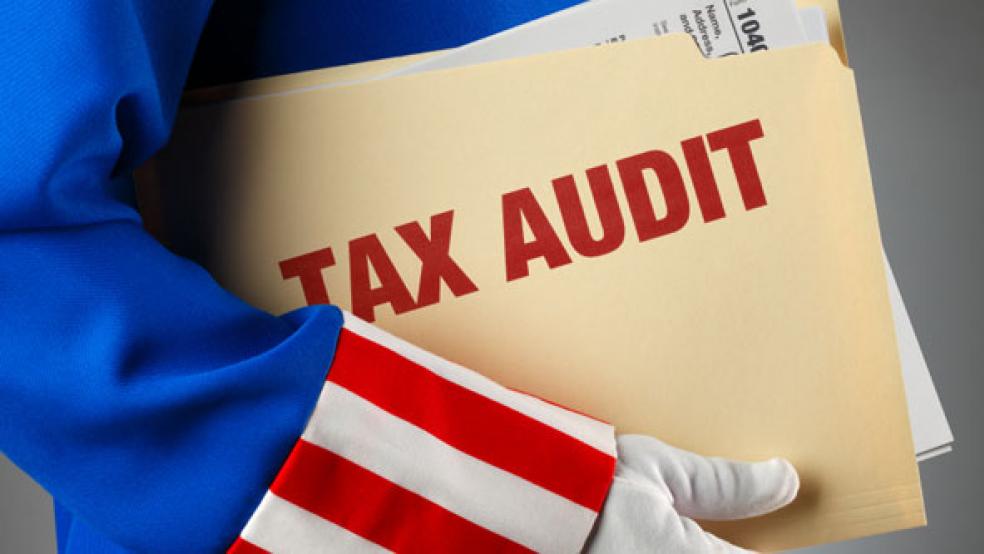More than a decade ago, the IRS used to audit virtually all tax returns from large corporations, paying special attention to “unrecognized” or “uncertain” tax benefits that companies are allowed to claim based on untested interpretations of the tax code. Those tax breaks might be accepted by the IRS, but some are rejected, with the company then required to pay the tax along with interest. After years of budget cuts, however, the IRS is performing far fewer audits and many of those untested tax benefits are going unexamined, resulting in a windfall for some big firms.
“This pattern — audits down, tax breaks up — shows how the IRS is increasingly outmatched,” The Washington Post’s Douglas MacMillan and Kevin Schaul say. “Gray areas in the tax code give businesses latitude when calculating their tax breaks, and it’s up to authorities to check them. But U.S. corporations, bolstered by armies of accountants and lawyers, may be rolling the dice on controversial interpretations of tax laws knowing the IRS is less equipped to pose a challenge.”
One example provided by MacMillan and Kevin Schaul involves Broadcom, a tech giant that paid no income taxes for the last two years, despite reporting $5.7 billion in profit. Tax officials say the company claimed some uncertain tax breaks, but the IRS never performed an audit to determine the legitimacy of those claims. The company recently recorded a $95 million gain based on the fact that time had run out for the IRS to do an investigation.




